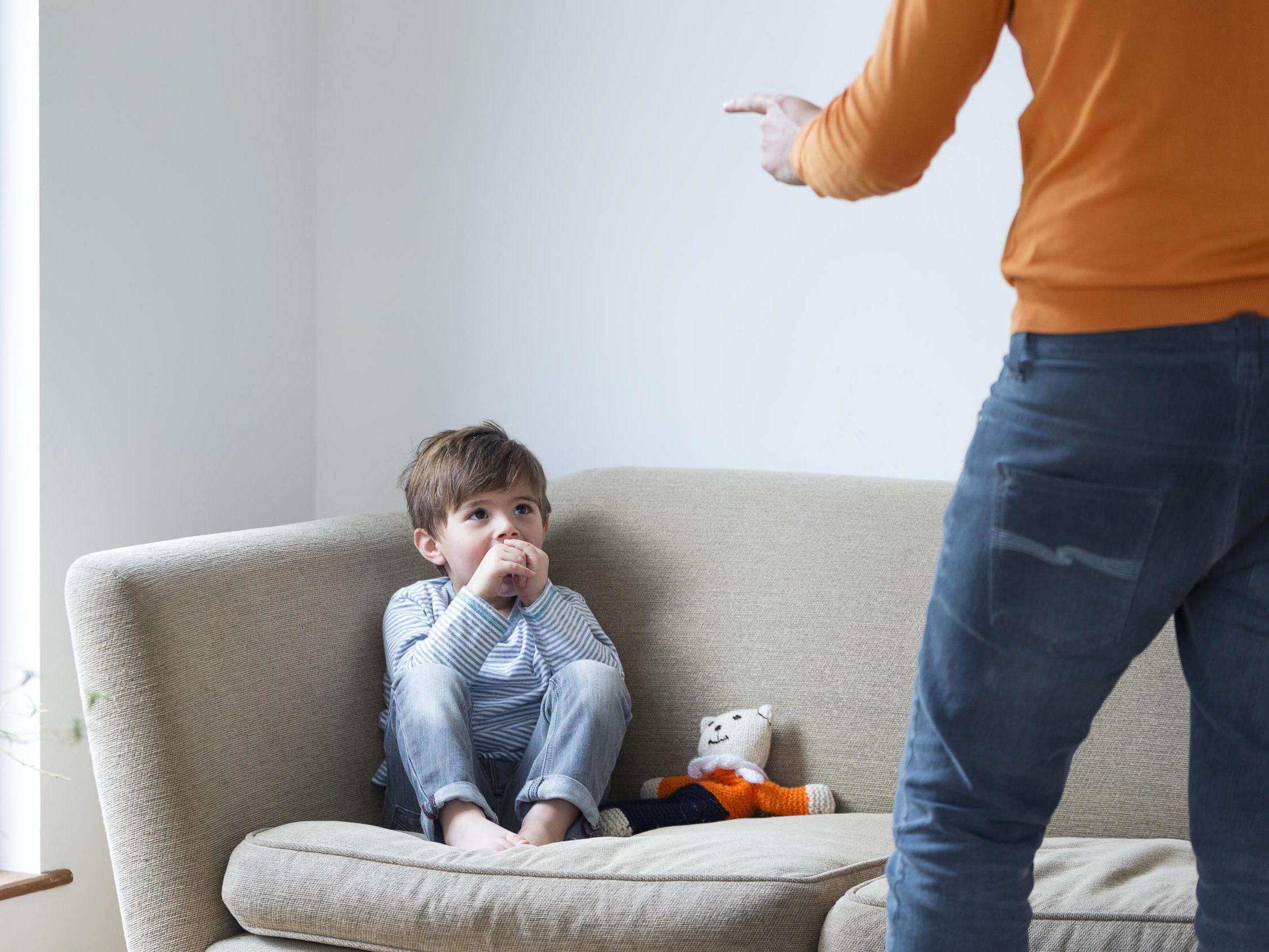Scotland becomes first part of UK to ban smacking children
Law change marks ‘momentous day for children’s rights,’ campaigners say

Your support helps us to tell the story
From reproductive rights to climate change to Big Tech, The Independent is on the ground when the story is developing. Whether it's investigating the financials of Elon Musk's pro-Trump PAC or producing our latest documentary, 'The A Word', which shines a light on the American women fighting for reproductive rights, we know how important it is to parse out the facts from the messaging.
At such a critical moment in US history, we need reporters on the ground. Your donation allows us to keep sending journalists to speak to both sides of the story.
The Independent is trusted by Americans across the entire political spectrum. And unlike many other quality news outlets, we choose not to lock Americans out of our reporting and analysis with paywalls. We believe quality journalism should be available to everyone, paid for by those who can afford it.
Your support makes all the difference.Scotland has become the first part of the UK to ban smacking.
The country has introduced a law making it a criminal offence for parents and carers to use physical punishment against a child.
Currently, they are allowed to use “reasonable” physical force in order to discipline children.
The law change is aimed at giving children the same protection from assault as adults, as well as bringing Scotland into line with United Nations recommendations.
MSPs voted by 84 to 29 in favour of the Bill at the Scottish government on Thursday, despite a YouGov poll of 1,546 adults from across the UK suggesting 57 per cent oppose the move.
Scottish Green MSP John Finnie, who introduced the legislation, said it sent a “strong message” that violence is never acceptable.
He said: “I am absolutely delighted that the Scottish Parliament has taken this historic and courageous step.
“Physical punishment has no place in 21st century Scotland. The international evidence tells us that it can have serious impacts on children, and that it is not effective.”
Mr Finnie earlier addressed critics of the Bill, who suggested it could criminalise parents.
He said: “There is no evidence that a change to the law results in increased prosecutions in any of the more than 50 countries where some of the reforms have taken place.
“In fact, this change in the law in Ireland prompted more parents to contact services to ask for help and support with alternative disciplining techniques.”
Children’s campaigners hailed the passage of the bill as “a momentous day for children’s rights”.
Joanna Barrett, of NSPCC Scotland, said: “It’s a common sense move that closes an archaic loophole and ensures that, finally, children in Scotland will have the same protection from assault as adults.”
Mary Glasgow, chief executive of the charity Children 1st, said: “Again and again people have told us about the life-long impact of being hit as a child, as they’ve joined the campaign to change the law.”
However the Bill also faced opposition, including from Scottish Conservative MSP Oliver Mundell, who said he could not support it.
He added: “I believe violence against children is wrong. However, that is not the issue before us today.”
He said: “I don’t think that it’s foreseeable at all for parents what circumstances they could find themselves entangled with the criminal justice system.”
The law will come into force within 12 months of the Bill gaining Royal Assent.
Press Association contributed to this report.
Join our commenting forum
Join thought-provoking conversations, follow other Independent readers and see their replies
Comments